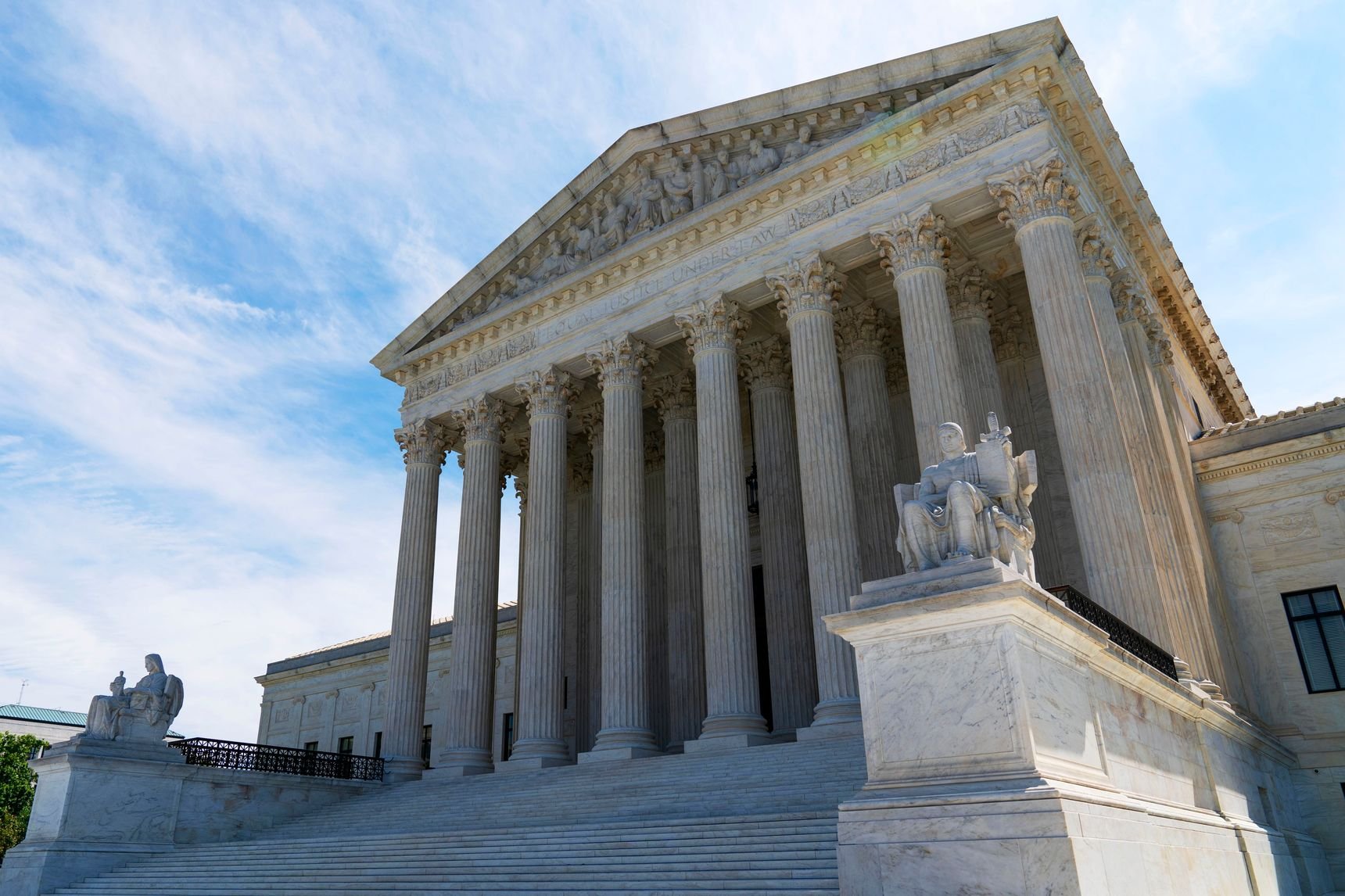
- calendar_month August 30, 2021
- folder Real Estate News
Sharing Tags
CAR Market Update, eviction moratorium, Homeowners, RE Investors, Real Estate News, Rental Homes, Sellers
By Jess Bravin and Brent Kendall
Updated Aug. 27, 2021 8:35 am ET
WASHINGTON—The Supreme Court on Thursday lifted the latest federal ban on evictions during the Covid-19 pandemic, siding with landlords against a moratorium the Biden administration imposed this month despite questions about its legality. Three liberal justices dissented.
The Centers for Disease Control and Prevention has repeatedly renewed the eviction moratorium for millions of tenants affected by the pandemic, in large part to allow them to remain in their homes as state and local governments struggle to disburse some $47 billion of rental assistance provided by Congress. The current order was set to expire Oct. 3; as of July 31, just $4.7 billion of the rental assistance had reached landlords and tenants.
But in Thursday’s unsigned opinion, the court’s conservative majority said the temporary eviction ban exceeded the CDC’s authority to combat communicable diseases, forcing landlords to bear the pandemic’s costs.
“The moratorium has put…millions of landlords across the country, at risk of irreparable harm by depriving them of rent payments with no guarantee of eventual recovery,” the court said. “Many landlords have modest means. And preventing them from evicting tenants who breach their leases intrudes on one of the most fundamental elements of property ownership—the right to exclude.”
White House press secretary Jen Psaki called the decision disappointing, though President Biden had acknowledged the order was legally shaky.
“As a result of this ruling, families will face the painful impact of evictions, and communities across the country will face greater risk of exposure to Covid-19,” Ms. Psaki said in a statement.
While Congress might hold the power to impose an eviction ban, the court said that the statute invoked by the CDC fell short of providing such authority. The measure, dating from the 1940s, authorizes the surgeon general “to make and enforce such regulations as in his judgment are necessary to prevent the introduction, transmission, or spread of communicable diseases” from abroad or between the states.
The court said a nationwide ban on evictions was substantially different from examples included in the statute, such as “inspection, fumigation, disinfection, sanitation, pest extermination, [and] destruction of animals or articles found to be” infected. If the current public-health law’s language covers a nationwide eviction moratorium, the court said, “it is hard to see what measures this interpretation would place outside the CDC’s reach.”
The court’s three liberal justices dissented, arguing that federal law contemplated even more extreme measures, such as quarantines, and that the hardship landlords may face was largely temporary, due to the coming rental assistance.
The eviction moratorium “targets only those people who have nowhere else to live, in areas with dangerous levels of community transmission. These people may end up with relatives, in shelters, or seeking beds in other congregant facilities where the doubly contagious Delta variant threatens to spread quickly,” wrote Justice Stephen Breyer, joined by Justices Sonia Sotomayor and Elena Kagan. “The public interest is not favored by the spread of disease or a court’s second-guessing of the CDC’s judgment,” he wrote.
Several states, including California and New York, have imposed their own eviction bans. Those would remain in place, though the Supreme Court loosened part of the New York moratorium earlier this month.
The Supreme Court’s order Thursday night didn’t come as a surprise. The justices in late June cast doubt on the CDC’s authority to impose an eviction ban without specific authorization from Congress, but the court on a 5-4 vote let a previous moratorium stay in place until it expired on its own terms at the end of July. Justice Brett Kavanaugh, the pivotal vote in the majority, said in a concurring opinion that he believed the CDC lacked authority to issue the moratorium, but was willing to leave it in place to avoid disruption while officials worked to distribute rental assistance.
He stated, however, that any further extensions would have to be approved by Congress.
The CDC had indicated earlier this summer that the expiring moratorium would be its last, but as the end date approached in late July and Covid-19 cases were again escalating, the White House encouraged Congress to enact additional eviction protections to protect public health.
Lawmakers didn’t take action. President Biden, under pressure from the left, chose to have his administration unilaterally extend the moratorium, even though it faced dark legal clouds.
The president has acknowledged that the latest moratorium might not pass legal muster, but said litigation would at least secure more time to jump start the slow distribution of rental assistance already set aside by the federal government. Thursday’s decision, while not a final step in the litigation, likely spells the end of the legal road for White House efforts to keep struggling renters in their homes at a time of rising Covid-19 cases.
The challenge was brought by groups of real-estate agents and rental property managers based in Alabama and Georgia. The National Association of Realtors, which helped fund the lawsuit, called the court’s action “a matter of fairness.”
“No housing provider wants to evict a tenant—it is always a last resort and reserved for the rarest cases,” the group said. “The best solution for all parties is rental assistance, and all energy should go toward its swift distribution.”
Rep. Cori Bush (D., Mo.), whose sleep-in on the Capitol steps helped pressure the Biden administration to renew the moratorium despite its legal vulnerability, said she would redouble efforts in Congress.
“We didn’t sleep on those steps just to give up now,” Ms. Bush said. “Congress must act immediately to prevent mass evictions and I am exploring every possible option. I urge my colleagues to reflect on the humanity of every single one of their unhoused, or soon to be unhoused, neighbors, and support a legislative solution to this eviction crisis.”
—Andrew Ackerman contributed to this article.
Write to Jess Bravin at jess.bravin+1@wsj.com and Brent Kendall at brent.kendall@wsj.com
https://www.wsj.com/articles/supreme-court-blocks-new-eviction-moratorium-11630028819
